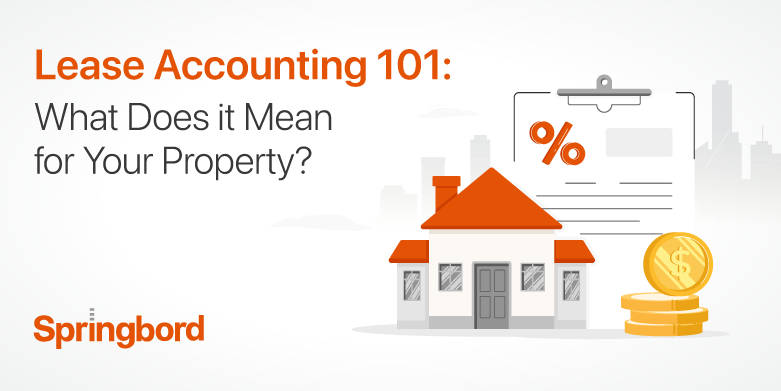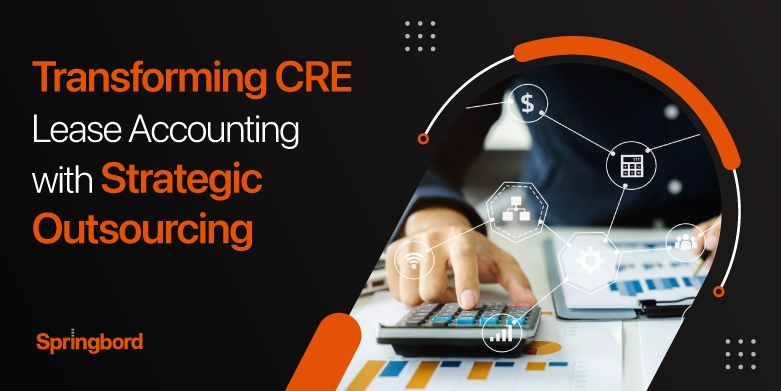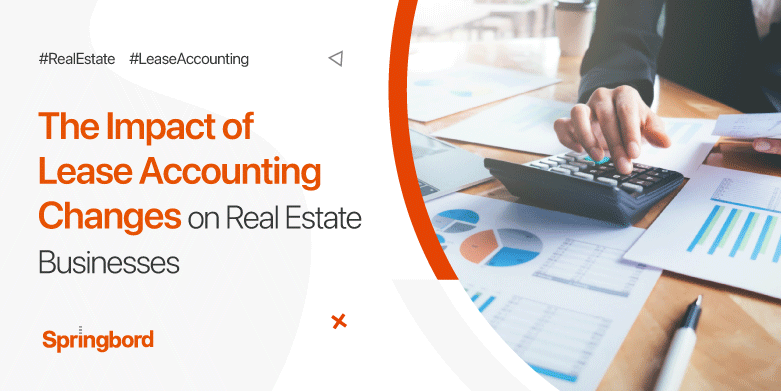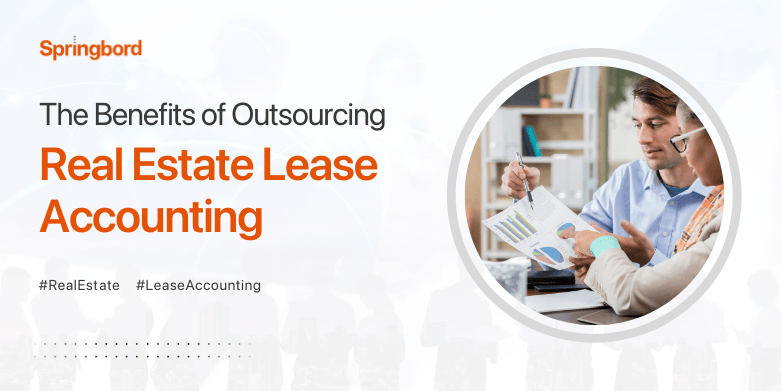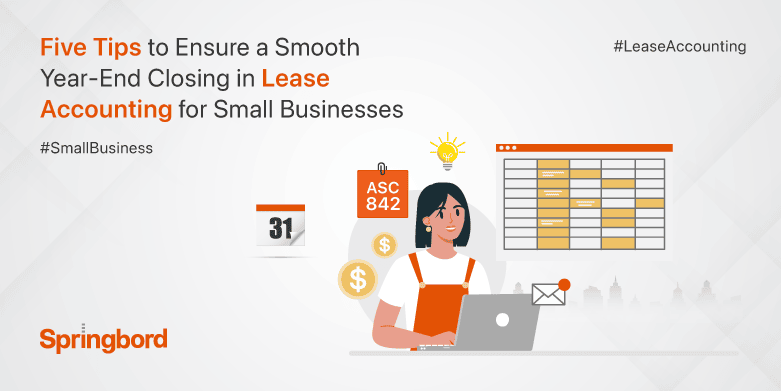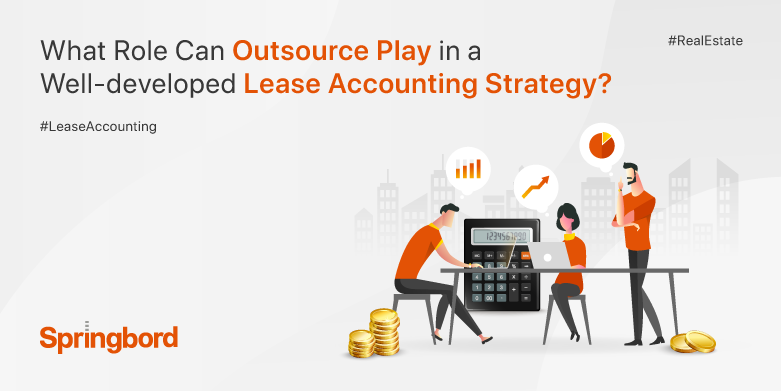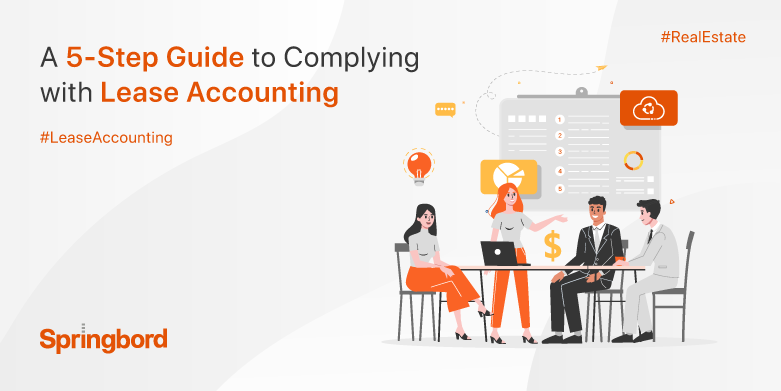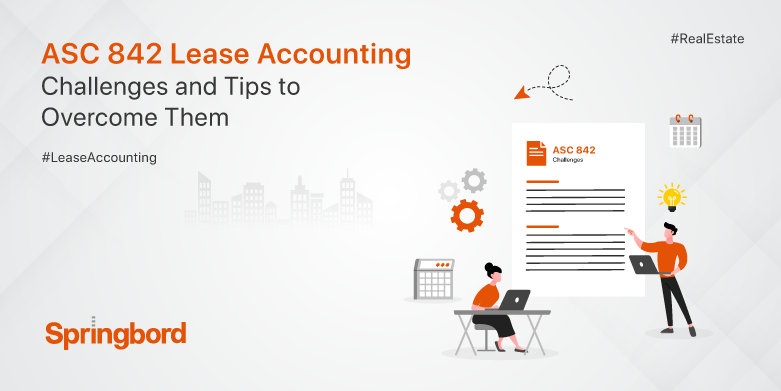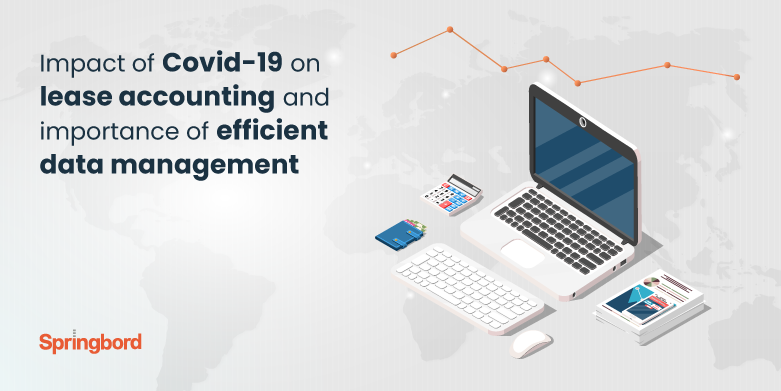M
E
N
U
Lease accounting, particularly with the implementation of ASC 842 and IFRS 16, is critical for property owners as it transitions how leases are recognised on financial statements, bringing transparency to financial commitments. These standards require nearly all leases to be included on the balance sheet, reflecting true liabilities and assets, which affects stakeholders’ view of
In the fast-paced realm of business operations, where every decision impacts the bottom line, effective management of real estate assets and financial resources is crucial. One area that often demands precision and strategic foresight is real estate lease accounting. As businesses navigate the complexities of managing lease portfolios, the strategic move towards outsourcing real estate
The impact of lease accounting changes on real estate businesses has been substantial, affecting their financial reporting, decision-making processes, and overall operations. Significant lease agreement recognition, measurement, and reporting changes have resulted from implementing new lease accounting standards. These changes have resulted in greater transparency and accuracy in lease reporting, but they have posed challenges
The Benefits of Outsourcing Real Estate Lease Accounting Hooked content: Discover the game-changing benefits of outsourcing real estate lease accounting. Focusing on core tasks, meeting regulatory requirements, and making well-informed judgments are all facilitated by outsourcing because of the monetary savings, increased precision, increased data security, and simplified processes. Savings, knowledge, and scalability can all
Lessees’ financial statements will undergo significant modifications as a result of the FASB’s ASC 842 lease accounting standard change. Lessees will also be required to make some adjustments to their books to accommodate the new revenue recognition standard and other shifts in the model. Due to the complexity of the regulations and the difficulties in
You have a lot going on. You’re considering hiring an auditor and/or consulting firm to handle the massive transition to FASB Topic 842 and IFRS 16 since you just don’t have the time, resources, or manpower in-house to do it alone. Hiring an auditor or CPA can help you save time and have access to
Accounting is an essential service for any business and an opportunity to make profits. Managing the accounting process is not just about the numbers, calculations, and compliance. With property accounting services, businesses can be more compliant with laws and regulations. It would be best if you started by gathering all the information you need from
When Financial Accounting Standards Board published its updates to the lease accounting standard, its main objective was to improve the clarity of financial reporting. But, it involves a number of complex decisions to attain compliance successfully. You need to ensure that you get adequate time and resources to get the job done. Many companies have
The new lease accounting regulatory standard issued by Financial Accounting Standards Board (FASB) and the International Accounting Standards Board (IASB) has put companies under immense pressure. The accounting rules are extensive and complex, making it a daunting task for business who are scrambling to adjust to the new mandates. According to a PWC survey, the
The coronavirus pandemic has dramatically impacted business operations around the world significantly altering financial disclosures, forecasts, and reporting processes. It has had a major impact on lease accounting particularly, the assessments and assumptions that were previously valid may no longer hold. This is making lease data management and accounting a herculean task further compounding the
- 1
- 2


